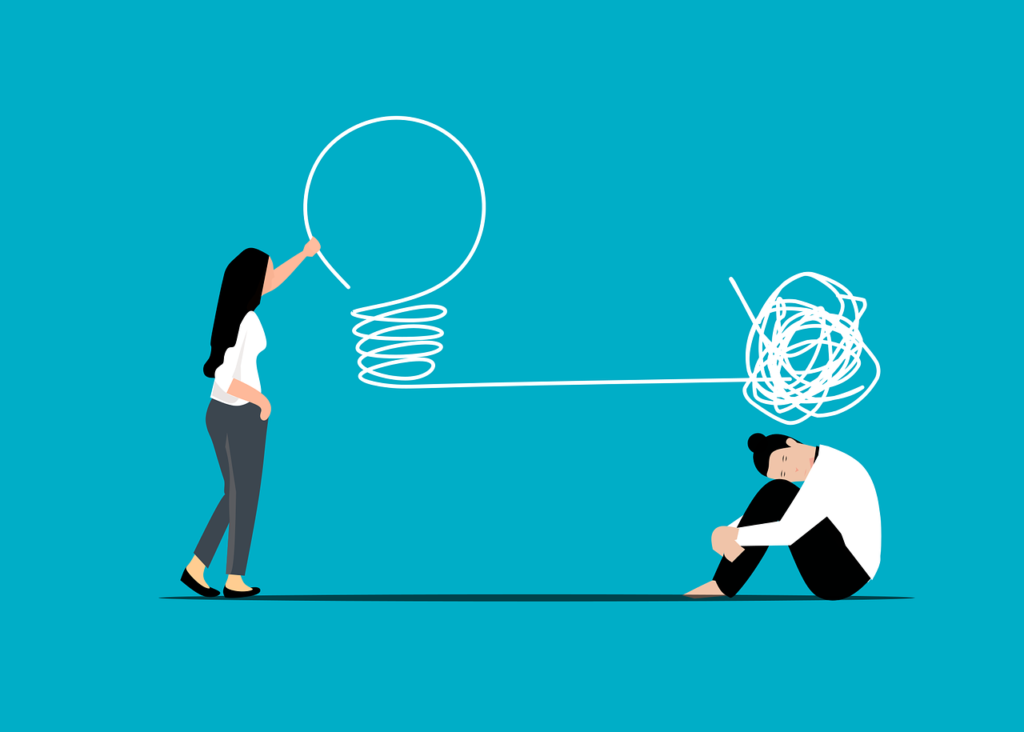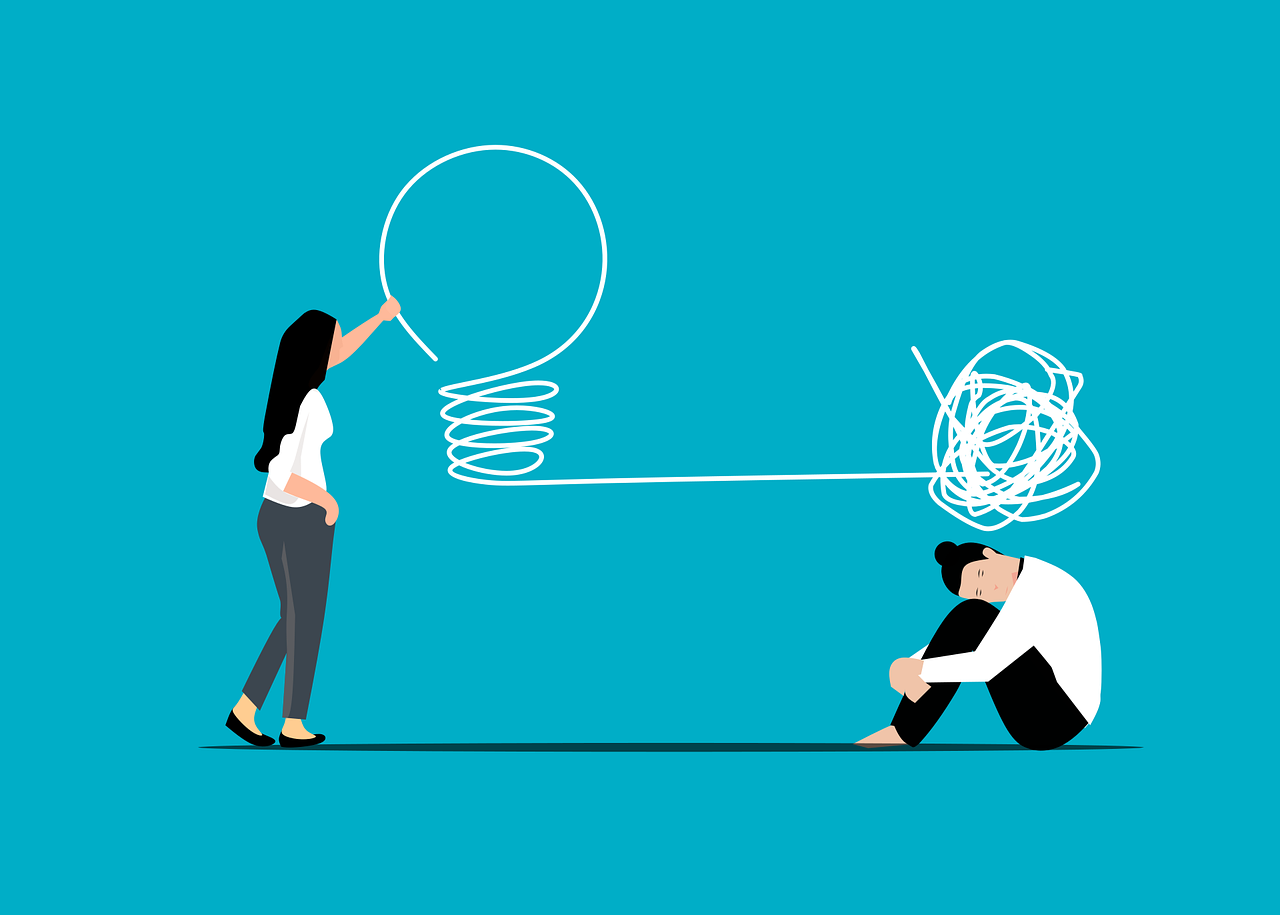Why People Don’t Take Mental-Health Medication
Mental health has finally become something people talk about more openly, but there’s still a big problem that doesn’t get discussed enough: a lot of people just don’t take their mental-health medication, even when a doctor thinks it could really help. And honestly? It’s not as simple as “they just don’t want to.” There are tons of reasons—emotional, practical, social, and even biological—that make taking treatment harder than most people realize.
This blog digs into why so many people avoid or stop taking psychiatric meds, what’s really going on behind the hesitation, and how things like half-life and slow-acting medications can make the whole process feel confusing or frustrating.
Let’s get into it.
1. Stigma Still Gets in the Way (Even If We Pretend It Doesn’t)
We’ve made progress with mental-health awareness, but stigma hasn’t magically disappeared. People still worry that needing medication means they’re “weak,” “broken,” or “not trying hard enough.” Even if no one around them says those things out loud, those messages still linger in a lot of communities.
Some families or cultures view psychiatric treatment as embarrassing or dramatic, as if it means someone has completely lost control. But mental-health conditions are real medical issues. Still, when someone already feels anxious or depressed, the shame around needing help can stop them from taking a medication that could make a huge difference.
2. The Fear of Side Effects Is Real
A lot of people avoid treatment because they’re scared of side effects—and honestly, that’s understandable. Nobody likes the idea of feeling foggy, tired, numb, or “not like myself.”
Some worry that treatment might change their personality or creativity. Others worry about weight changes or sleep issues. Because everyone’s body responds differently, it can feel unpredictable. When someone is already struggling, uncertainty feels extra intimidating.
Even if most side effects are mild or temporary, fear alone can keep someone from starting treatment at all.
3. Mistrust of Doctors and the Medical System
Healthcare experiences vary a lot from person to person. Some people have felt rushed, dismissed, or misunderstood by doctors in the past, which makes them hesitant to trust new recommendations.
Others worry that doctors jump to prescriptions too quickly or don’t explain why a certain treatment is being suggested. For communities with long histories of medical mistreatment, mistrust is even deeper.
If someone doesn’t fully trust the system or the provider, taking a medication becomes a much tougher decision.
4. A Big One: People Don’t Understand How These Medications Actually Work
People often assume they’ll feel better within a few days. When nothing changes quickly, they think the treatment “isn’t working” and stop it. But most psychiatric treatments just don’t work that fast.
A super important piece: understanding half-life
Every medication has something called a half-life, which is how long it takes for half the dose to leave the body. Some medications clear fast; others take much longer.
This matters because psychiatric medications need time to build up to a stable level in the bloodstream before the effects kick in. That process often takes a few weeks. During this time, the body is adjusting and the medication is still settling in.
Without understanding half-life, it’s easy to assume nothing is happening. That misunderstanding leads a lot of people to stop treatment before it’s even had a chance to help.
5. Feeling Better Can Trick People Into Thinking They Don’t Need Treatment
This one happens all the time: someone starts feeling better, assumes they’re “cured,” and stops their medication. But usually, they feel better because they were taking it.
Stopping too soon often brings the symptoms back—sometimes even stronger than before. It’s like stopping antibiotics early: you might feel okay, but the underlying condition isn’t fully resolved yet.
6. Practical Stuff Gets in the Way (Money, Time, Transportation)
Not taking treatment isn’t always emotional—sometimes it’s just life getting in the way.
- Medication can be expensive.
- Appointments can be hard to schedule around work or childcare.
- Some areas don’t have many mental-health providers.
- Not everyone has transportation or a local pharmacy.
- Even picking up a prescription can feel impossible during bad mental-health days.
When everything is already overwhelming, these barriers make sticking with treatment even harder.
7. Symptoms Themselves Make Consistency Hard
One of the biggest challenges is that the symptoms people are trying to treat often make it harder to take daily steps toward getting better.
- Depression kills motivation.
- Anxiety makes new things (like trying a medication) feel scary.
- ADHD makes routines tough.
- Bipolar disorder brings mood swings that change decisions quickly.
- Brain fog and memory problems cause people to forget doses.
It’s not about laziness. The condition gets in the way of the solution.
8. Fear of Losing Control or Becoming “Dependent”
Many people worry that taking psychiatric treatment means they’re giving up control—or that they’ll be stuck on it forever. Others worry about becoming dependent, even though most mental-health medications don’t cause that kind of dependence.
These concerns are emotional, not medical—but emotions often shape decisions more than facts do.
9. Influence From Family, Friends, and the Internet
People talk to their loved ones or read online reviews and forums, and that heavily influences their choices. Even well-meaning comments like:
- “You don’t need that.”
- “Medication is just a crutch.”
can make someone doubt their treatment.
And since negative stories get shared the most, one person’s bad experience can scare many others away from something that might help them.
10. How Dr. Wegierek Helps People Feel More Comfortable Taking Medication
One thing that truly helps people feel confident about treatment is having a provider who listens, explains, and treats the whole person—not just the symptoms. This is exactly how Dr. Wegierek approaches care.
Instead of rushing through appointments or making people feel pressured, Dr. Wegierek takes the time to really talk with patients about what’s going on, what they’re worried about, and what they hope to change. She focuses on making treatment a partnership, not a lecture.
Here are some of the ways Dr. Wegierek supports patients who feel unsure about starting or sticking with medication:
- She explains how treatments work in simple, down-to-earth language.
- She talks openly about possible side effects, so nothing feels like a surprise.
- She checks in early and regularly, so people feel supported—not alone.
- She offers options and alternatives, rather than pushing one fixed plan.
- She normalizes mental-health struggles, which helps reduce shame.
- She helps with practical planning, like figuring out routines or what to do if someone forgets a dose.
When people have a provider like Dr. Wegierek—someone who listens, understands, and collaborates—it becomes much easier to stay consistent and feel confident about treatment decisions.
Ready to Get Support?
If you’re thinking about mental-health medication and want guidance from Dr. Wegierek, you can call her office today 708-710-8818, or request a virtual intake through our webpage.


